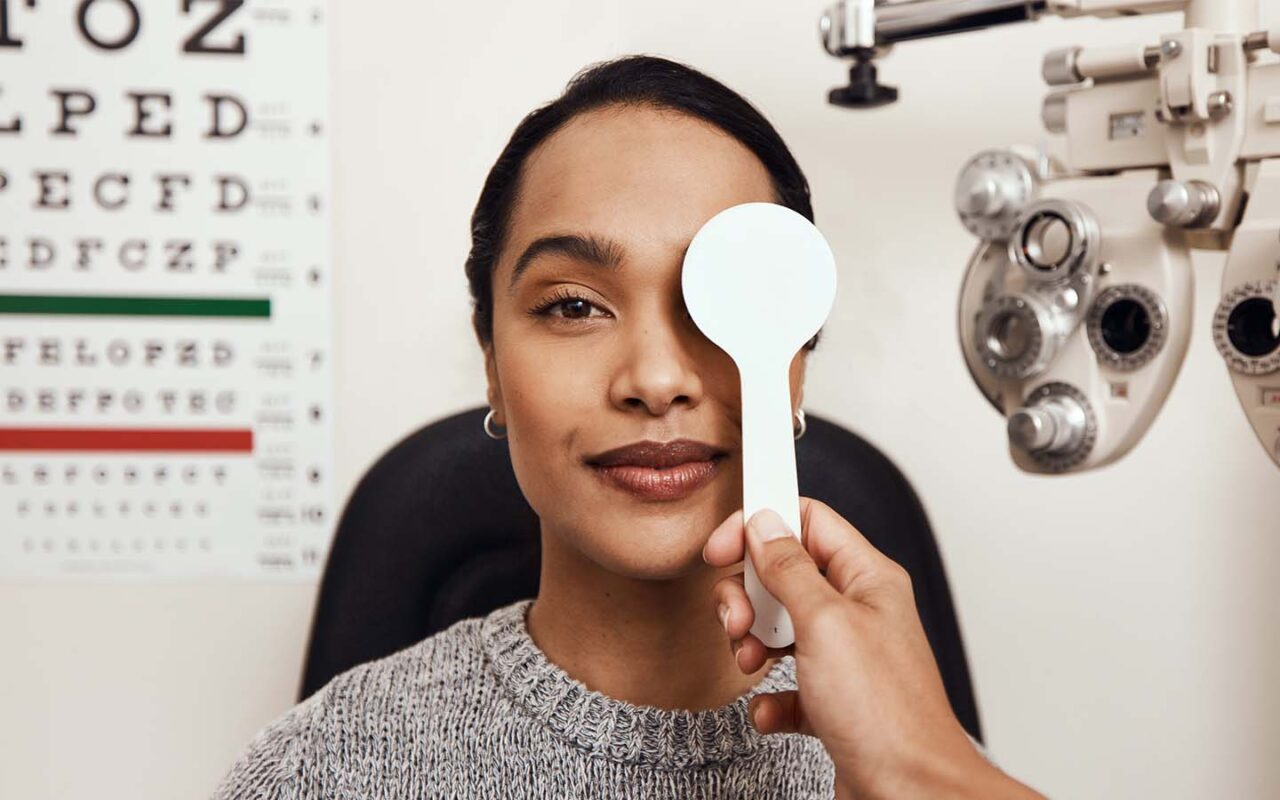All Categories
Featured
Table of Contents

Routine eye assessments are essential for preserving great vision and finding possible eye wellness issues early. Nevertheless, the frequency of these tests can differ substantially based on a person's age, way of life, and general wellness. Comprehending the suggested routine for eye examinations can help guarantee that people of every ages get ideal care and tracking for their eye wellness.
Newborns and Toddlers (0-2 Years)
For toddlers and infants, eye tests are essential for finding any potential vision troubles at an early stage. The American Academy of Ophthalmology advises that a child's very first eye test must happen at around 6 months old. Throughout this preliminary browse through, the eye treatment expert will analyze the child's visual advancement and check for any type of evident eye problems.Following this first test, it is advised that youngsters have one more eye test at age 3. This see will certainly concentrate on evaluating the child's general visual feature, consisting of eye placement and the capacity to track items. If no problems are found, the next examination should be arranged prior to the kid starts college, usually around age 5 or 6.
School-Aged Children (6-18 Years)
When youngsters reach school-age child, routine eye examinations should be scheduled every one to 2 years. Vision is essential for finding out and development, and several institutions perform vision testings. Nonetheless, these testings do not change a thorough eye test by an eye treatment professional.For kids associated with tasks or sports requiring considerable aesthetic emphasis, annual eye exams may be a good idea. Furthermore, if a kid exhibits signs of vision troubles-- such as difficulty checking out, scrunching up your eyes, or regular headaches-- a see to the eye doctor ought to be set up asap.
Youthful Grownups (19-39 Years)
Young person usually have less vision changes than older age teams, however regular eye exams stay vital. The basic suggestion is to arrange an eye exam every two years during this duration. People with specific risk aspects-- such as a family background of eye illness, diabetes mellitus, or those who wear call lenses-- must take into consideration annual eye tests.Furthermore, those that invest significant time on digital gadgets may experience digital eye pressure. If signs such as dry skin, tiredness, or obscured vision take place, it might be important to see an eye care specialist earlier.
Grownups (40-64 Years)
As people enter midlife, the likelihood of creating vision problems rises. Adults aged 40 to 64 need to arrange eye tests every one to 2 years. This age team may begin to experience presbyopia, an all-natural age-related problem that makes it challenging to concentrate on close items. Eye exams can likewise help find other typical age-related conditions such as glaucoma, cataracts, and macular degeneration.If individuals in this age team have threat elements such as high blood stress or diabetic issues, they might call for more constant evaluations to monitor their eye wellness very closely.
Senior Citizens (65 Years and Older)
For elders, normal eye examinations end up being even extra critical. The American Optometric Organization recommends that people matured 65 and older have an eye exam at the very least when a year.Final thought.
Comprehending the proper timetable for eye tests based on age is crucial for keeping ideal eye wellness throughout life. From babies to elders, routine eye assessments play a critical function in detecting issues early and making sure that vision remains sharp. By adhering to these standards and seeking advice from with an eye treatment expert, people can take proactive actions towards protecting their vision and total health and wellness. Whether it's a youngster's first browse through or an elderly's yearly check-up, prioritizing eye care is an investment in long-lasting wellness.Latest Posts
Experience Coastal Sophistication at Deauville Inn
Published Apr 18, 25
1 min read
A Historic Shoreline Location with Modern Delights
Published Apr 08, 25
1 min read
Experience Coastal Style at Deauville Inn
Published Mar 26, 25
1 min read